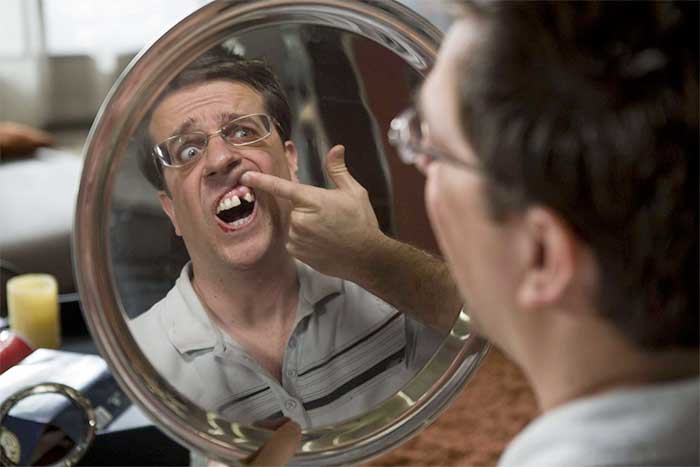Most people recognize the advantages of implants over dentures. But when does it make sense to choose an implant over a bridge to replace a single missing tooth? An evaluation of the condition of the teeth adjacent to the missing tooth can help answer this question. If these teeth have no decay and no existing restorations, then an implant may be the optimal treatment for this scenario. By placing an implant, you would avoid filing down the enamel on healthy teeth.
If the adjacent teeth already have well-fitting crowns, you also might choose to use an implant to avoid having to replace the crowns.
A bridge places more force and stress on the teeth involved. It can also be more difficult to brush and floss around a bridge than around an individual tooth. This can increase the risk of tooth decay. A bridge can generally be expected to last an average of ten years.
Implants when properly cared for, can last a lifetime. They do not affect the adjacent teeth and they don’t decay. They can, however, require several months of healing time before placement of the final restoration. Additionally, if a tooth has been missing for a long period of time, there may be recession (shrinkage ) of the gum and bone which would make it necessary to perform additional procedures prior to implant placement.
A comprehensive clinical and radiographic evaluation can determine which option might be best for you.








